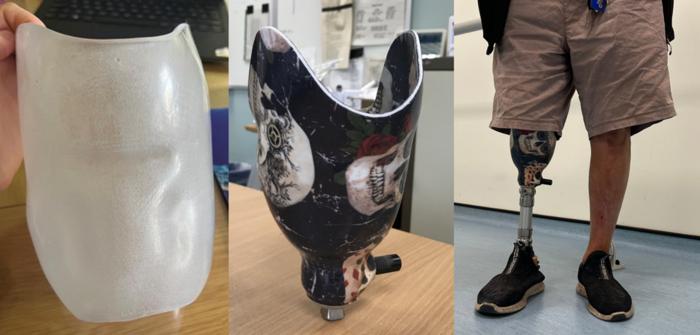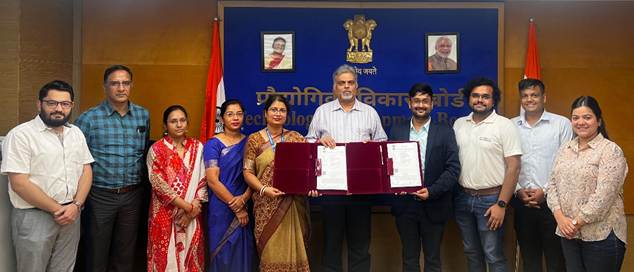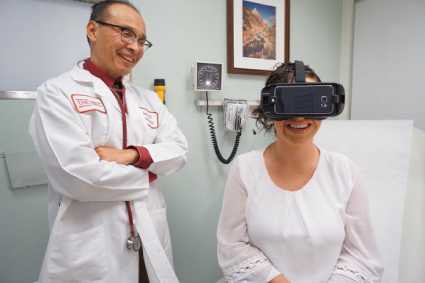Wellcome and the Bill and Melinda Gates Foundation have announced funding to advance the tuberculosis vaccine candidate M72/AS01E (M72) through a Phase III clinical trial.
If M72 proves effective, it could become the first new vaccine to help prevent pulmonary tuberculosis, an active form of tuberculosis, in more than 100 years.
In 2021, an estimated 10.6 million people will contract TB and 1.6 million will die – about ,300 people a day. This disease mainly affects people in low- and middle-income countries, and those most at risk often live in poverty, poor living and working conditions, and malnutrition.
Up to a quarter of the world’s population is thought to have latent tuberculosis, a condition in which a person is infected with the bacteria that cause tuberculosis but has no symptoms and is at risk of developing active tuberculosis disease.
“Although TB is curable, it remains one of the leading causes of death in South Africa,” said Nomathamsanqa Majozi, director of public engagement at the African Institute for Health Research. “More than half of the people in the area where I live and work have had or will get tuberculosis at some point in their lives. The consequences are devastating on both a personal and community level.
M72 offers us new hope for a TB-free future. To support the Phase III clinical trial of M72, which is estimated to cost $550 million, Wellcome will provide up to $150 million and the Gates Foundation will provide the rest, approximately $400 million.
The only anti-tuberculosis vaccine in use today, bacillus Calmette-Guérin (BCG), was first administered to humans in 1921. It helps protect infants and young children against severe systemic forms of tuberculosis, but offers limited protection against pulmonary tuberculosis in teenagers and adults. “With tuberculosis cases and deaths on the rise, the need for new tools has never been more urgent,” said Bill Gates, president of the Bill and Melinda Gates Foundation.
“Increased investment in safe and effective TB vaccines and an array of new diagnostic and therapeutic approaches could transform TB care for millions of people, saving lives and reducing the burden of this devastating and costly disease.”
- PRESS RELEASE







